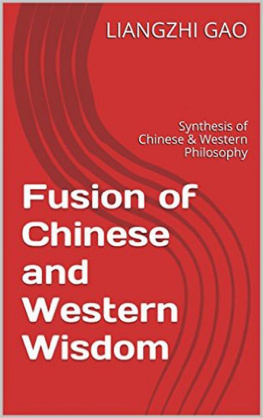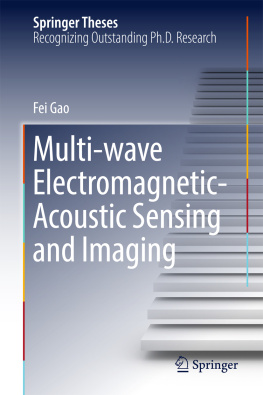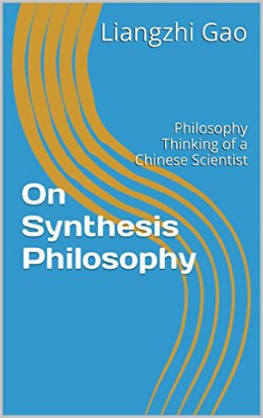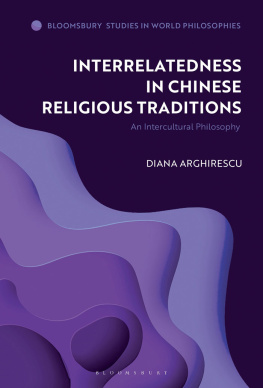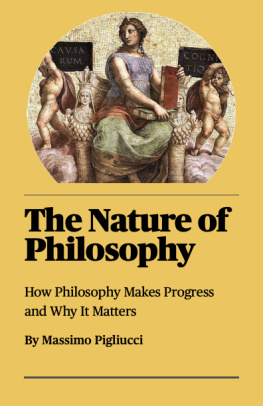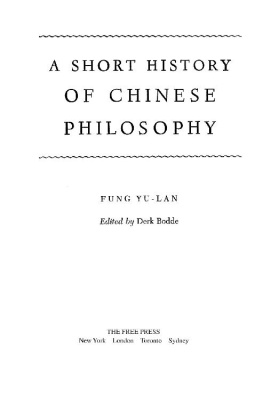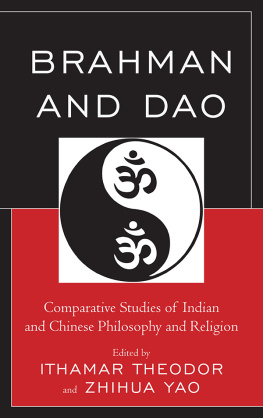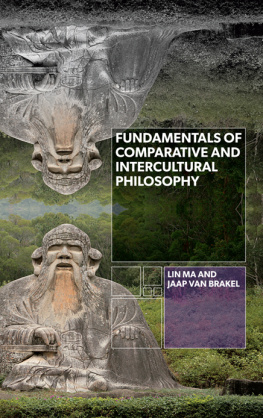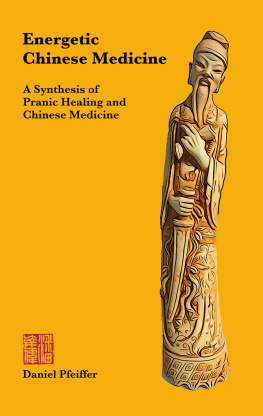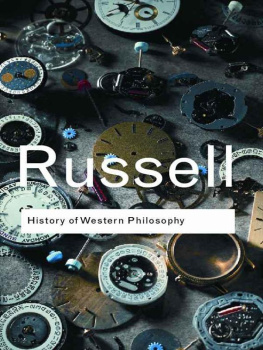Fusion of Chinese and Western Wisdom
--- Synthesis of Chinese and Western Philosophy
Preface
Due to the reason ofdifferent geographies,histories,nations,religions etc ,there aremany civilizations in the world .
According to the statementof famous American scholar , Samual Huntington , the world civilizationincludes 8 main types : Hindu civilization.Islamiccivilization.Japenese civilization,Orthodox civilization,Chinese(Confucian )civilization, Western civilization,Africa civilizationand Latin American civilization.
Philosophy is at the highestlevel of human civilization. Buddhist philosophy and Islamicphilosophy are closely related with religions.In the whole world ,Western philosophy and Chinese philosophy are the only twoindependent philosophy systems which are built on human reason.Both of them have their systematicness,.completeness and worldwideinfluence .
Chinese Philosophy is aphilosophy system which not only belongs to China. It has a wideinfluence in many countries in Asia and also in people originatedfrom China but now living in different countries in theworld..
Western philosophy has itsinfluence not only in Europe and North America, but also in manycountries in all continents of the world
There have been alreadysome researches on the comparison between Westernp hilosophy and Chinese philosophy(see therelated Chapters and References in this book ). A problem is : arethere some commonalities between these two p hilosophy systems? Is there the possibility to synthesize these two p hilosophy systems? This is the issuewhich will be discussed in this book. Inthis book ,the purpose of comparison of these two p hilosophy systems is todiscuss the problem of synthesis of them . This is the reason thatthe title of this book is : Synthesis ofChinese and Western Philosophy
The author has read morethan 300 books (mostly original).of Western and Chinesephilosophy.My idea is that even though there are apparentdifferences between Chinese and Western philosophy, they still havesome commonalities . The reasons of these commonalities are :
Both of them face to thegreat nature and the same world
Both ofthem face to the common human nature
Both ofthem face to the common need for a reasonable humansociety.
Both ofthem come from the same human reason.
Due to theabove commonalities ,there exists the possibility to synthesizeChinese and Western Philosophy .
The author used the wordSynthesis ,other than the word
Integration orUnification . My idea is that there is no necessity and also nopossibility to completely integrate or unite Chinese and Westernphilosophy together to become a world p hilosophy. Even in far future ,different countries or nationswill remain they own cultural characteristics. The saying ofConfucius is reasonable:
H armony but not sameness.
As tosome important problems ,the thinking in different philosophysystems may be integrated ,but they will still remain their owncharacteristics in a long time continuously.
The meaning of Synthesisis same as the saying of Confucius: Harmony but not sameness.
In the authors opinion,the synthesis of Chinese and Western philosophy will be an important direction ofhumans future civilization which will push forward the progress inmany aspects of human civilization
As a Chinese scholar. Theauthor is concerning the influence of China on the world. In 2010,Chinas GDP exceeded Japan becoming the second largest economyentity in the world.This is the accomplishment of Chinas reformand opening up policy.
But , the soft power ofChina is far behind comparing with its hard power . Only dependingon the Confucius Academies located in many countries in the world,it is difficult to raise the soft power of China .
There exists a problem: inmore than 2000 years of Chinas history, are there some world levelcultural resources?
The author s opinion isthat in many aspects ,Chinese Philosophy(not only theory ofConfucianism ) reached the world level . It reached the highestlevel in the world in some aspects (as Cosmogony ,Ontology ,Moralphilosophy ,etc ) .
Of course,in some aspects (as Epistemology and Political philosophy),Western philosophy iscertainly superior than Chinese philosophy ,which China need tostudy seriously .
That is why that theSynthesis Study of Chinese and Western philosophies hasits important meanings ,not only for the progress of China ,butalso for the whole world . Many essences in Chinese philosophy arenot familiar to academic circle and people in other countries inthe world. It's necessary to introduce them .
The author is not aspecialized philosopher .but an agricultural scientist . I havebeen made contributions to Agricultural Meteorology in China andalso to establishment of Agricultural Modeling Science inChina.
Owing to the interest inphilosophy in my youth period ,after my retirement in 1999,, I havebeen reading a large amount books in philosophy ,both Chinese andWestern. Based on wide reading and my own independent thinking , Ihave written 7 books on philosophy . They are: Synthetic Philosophy,Strolling in Western Philosophy, BriefIntroduction to Chinese Philosophy,Love Philosophy,Philosophy ofGood and Common Value,Beauty Philosophy and SoulPhilosophy. This book probably is my lastbook on philosophy.
Because I am not aspecialized philosopher , there is more freedom for me to have someindependent thinking in the academic circumstance ofChina.
And also ,because I am ascientist ,I may use more scientific knowledge in mybooks.
All readers of this bookare acknowledged sincerely by me.
My email address is:
I welcome your comments onthis book and like to have communication with you through email .If you have any questions on Chinese philosophy , I like to helpwithin the extent of my ability.
2015-4-10,Nanjing,China
Contents
Preface
Chapter 1 Two WorldwidePhilosophy Systems and Their
MainDifferences
Chapter 2 The FormingBackground of Chinese Philosophy
Chapter 3 The FormingBackground of Western Philosophy
Chapter 4 Communicationbetween Chinese and Western Philosophy
Chapter 5 Comparison andSynthesis of Cosmogony and Ontology in Chinese and WesternPhilosophy
Chapter 6 Comparison andSynthesis of Epistemology in Chinese and WesternPhilosophy
Chapter 7 Comparison andSynthesis of Moral Philosophy in Chinese and WesternPhilosophy
Chapter 8 Comparison andSynthesis of Political Philosophy in Chinese and WesternPhilosophy
Chapter 9 Comparison andSynthesis of Beauty Philosophy in Chinese and WesternPhilosophy
Chapter 10 Comparison andSynthesis of Love Philosophy in Chinese and WesternPhilosophy
Chapter 11 Comparison andSynthesis of Life and Death Philosophy in Chinese and WesternPhilosophy
Chapter 12 The Meanings ofSynthesis of Chinese and Western Philosophy Helping Progress ofthe World and China
References
Brief introduction of Prof.Gao Liangzhi
Gao Liangzhi (1929.5.20--):(Gao is his family name)
He was born in Shanghaiand graduated from the Affiliated High School of ShanghaiUniversity in 1946 . In 1950 ,he graduated from College ofAgricultural Sciences of Zhejiang University .
He was working in EastChina College of Agriculture Sciences for four years . After then ,he was working in East China Institute of Agricultural Sciences,which turned to be Jiangsu Academy of Agricultural Sciences(JAAS)in 1978. From 1983-1990 ,he was assigned as the President of JAASand also a senior researcher there.
At the same period ,he wasa professor of Nanjing Agricultural University , China AgriculturalUniversity and Nanjing College of Meteorology . He was a Trustee ofCIMMYT( International Research Centre of Maize and Wheat inMexico)
He was one of the foundersof Agricultural Meteorology and the main founder of AgriculturalModeling Science in China.
Next page
